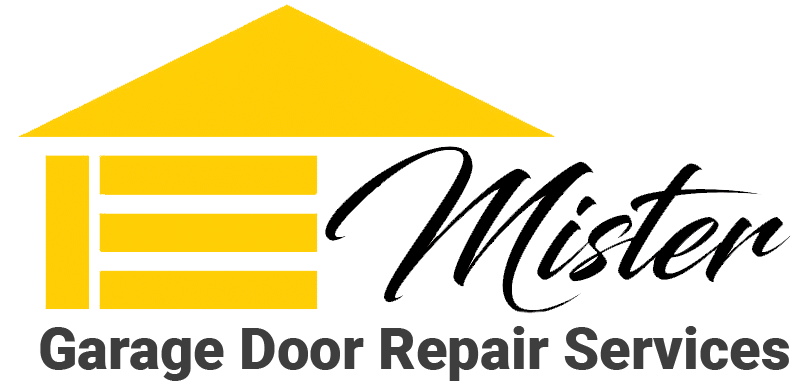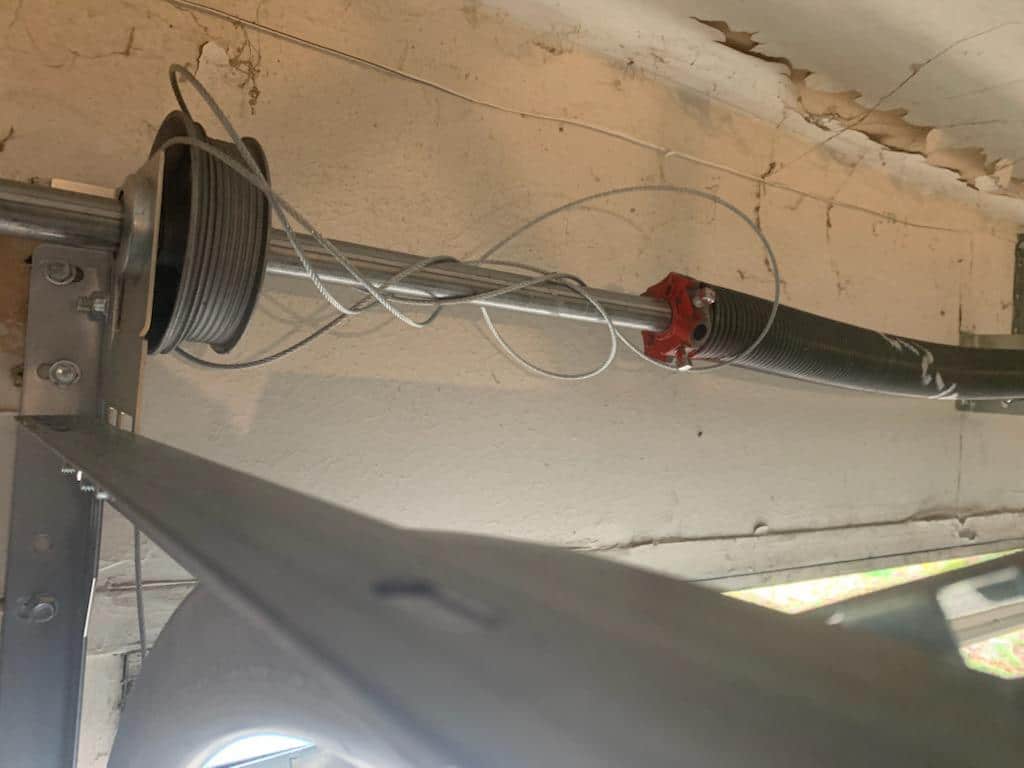Garage doors are a crucial part of any home, providing security, convenience, and curb appeal. However, like any mechanical system, they are prone to wear and tear over time. Understanding common garage door hardware issues can help you identify problems early and seek professional repair services before they escalate. In this blog post, we will explore some of the most common hardware problems garage doors encounter and offer tips on addressing them.
1. Broken Springs
Symptoms and Risks
One of the most common garage door hardware issues is broken springs. Garage doors typically use either torsion or extension springs to counterbalance the door’s weight, making it easier to open and close. When spring breaks, you might hear a loud bang, and the door may become heavy or refuse to open.
Broken springs can be dangerous. They are under high tension and can cause serious injuries if handled improperly. If you suspect a broken spring, you must avoid using the door and contact a professional repair service immediately.
For more information on garage door spring issues, visit the International Door Association (IDA).
2. Worn or Misaligned Rollers
Symptoms and Risks
Rollers help the garage door move smoothly along its tracks. Over time, rollers can wear out, become misaligned, or accumulate dirt and debris. This can cause the door to become noisy, jerk when opening or closing, or get stuck.
Worn or misaligned rollers can also lead to additional strain on other components, such as the tracks and the opener. Regular maintenance, including lubrication and cleaning, can help prevent roller issues. If the rollers are damaged, they should be replaced by a professional.
3. Misaligned or Damaged Tracks
Symptoms and Risks
The tracks guide the garage door as it opens and closes. If the tracks become misaligned or damaged, the door may not operate correctly. Common symptoms include unusual noises, uneven movement, and the door getting stuck.
Misaligned tracks can result from impacts, such as a car hitting the door or gradual wear and tear. Inspecting the tracks regularly and ensuring they are straight and free of obstructions is essential. If you notice any issues, professional adjustment or repair may be necessary.
4. Faulty Garage Door Opener
Symptoms and Risks
Garage door openers can experience various issues, such as not responding to remote commands, making strange noises, or moving the door erratically. These problems can result from electrical issues, worn-out gears, or problems with the remote control.
A faulty opener can compromise the security and convenience of your garage door. If you experience issues with your opener, check the batteries in your remote and ensure the opener is plugged in and receiving power. For more complex problems, professional inspection and repair are recommended.
For tips on maintaining your garage door opener, refer to the U.S. Department of Energy.
5. Frayed or Broken Cables
Symptoms and Risks
Cables work in conjunction with springs to lift and lower the garage door. Over time, cables can fray, wear out, or snap. Symptoms of cable issues include the door lifting unevenly, sagging, or becoming stuck.
Frayed or broken cables are dangerous and should be handled by professionals. Regular inspection and maintenance can help detect early signs of wear and prevent sudden failures.
6. Worn or Damaged Hinges
Symptoms and Risks
Hinges connect the sections of a garage door and allow it to bend and flex as it opens and closes. Over time, hinges can wear out, become loose, or break. Symptoms include unusual noises, difficulty in opening or closing the door, and visible wear on the hinges.
Damaged hinges can affect the door’s alignment and operation. Regular lubrication and inspection can help maintain hinge function. If hinges are worn or damaged, they should be replaced to ensure the door operates smoothly.
Preventive Maintenance Tips
1. Regular Inspection
Regularly inspect all components of your garage door, including springs, cables, rollers, tracks, and hinges. Look for signs of wear, damage, or misalignment. Early detection of issues can prevent more severe problems and costly repairs.
2. Lubrication
Lubricate moving parts, such as rollers, hinges, and springs, to reduce friction and wear. Use a high-quality garage door lubricant and follow the manufacturer’s recommendations for application frequency.
3. Professional Maintenance
Schedule professional maintenance at least once a year. Professional technicians can perform a thorough inspection, identify potential issues, and perform necessary adjustments or repairs to keep your garage door operating efficiently and safely.
Why Choose Mister Garage Door Repair Services?
At Mister Garage Door Repair Services, we specialize in diagnosing and repairing all types of garage door hardware issues. Serving Houston, TX, our experienced technicians are dedicated to providing prompt and reliable service. Whether you need spring replacement, roller alignment, or opener repair, we have the expertise to get the job done right.
Get in touch with Mister Garage Door Repair Services today to schedule an appointment and ensure your garage door is in top working condition. Trust us to keep your garage door running smoothly and securely.


